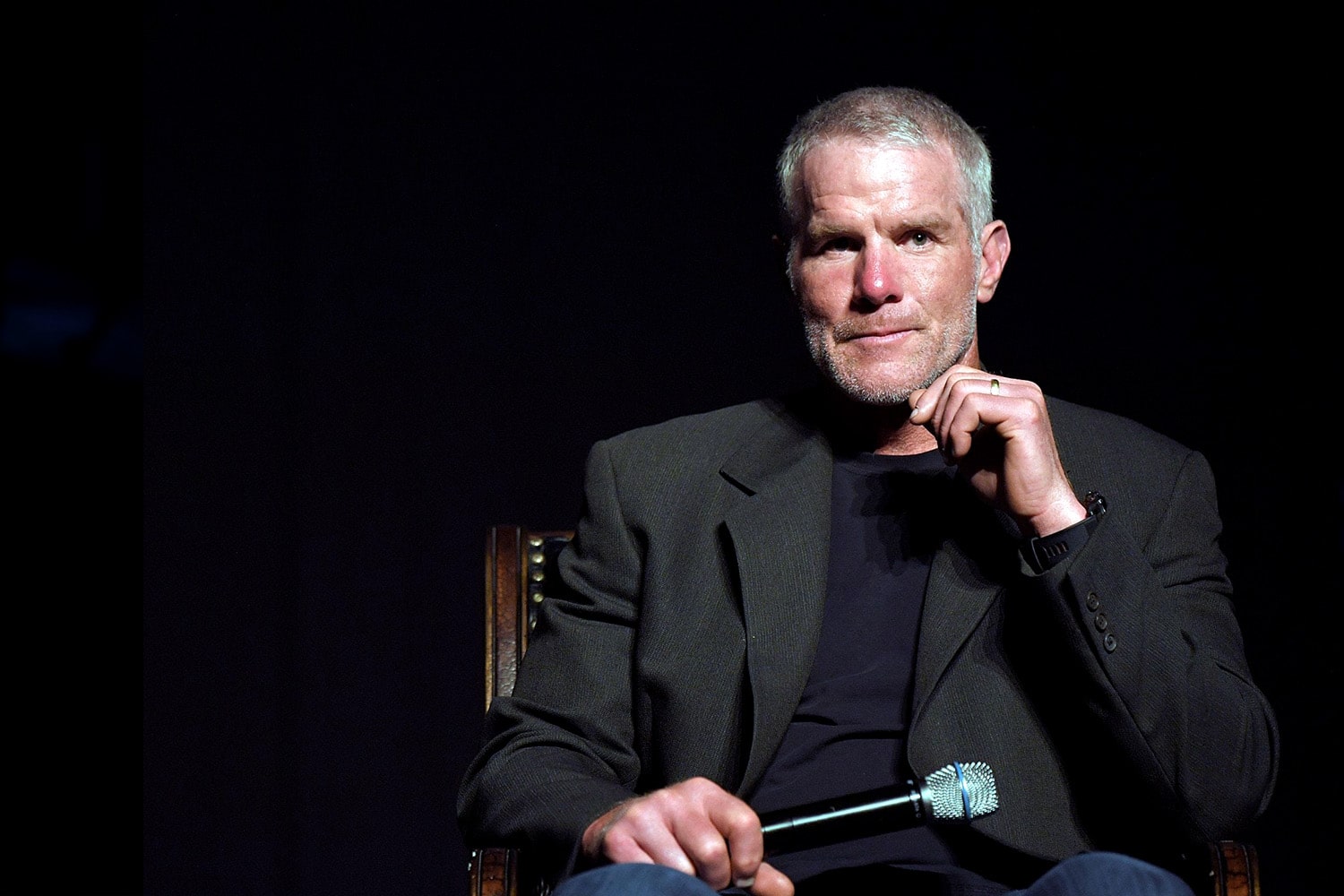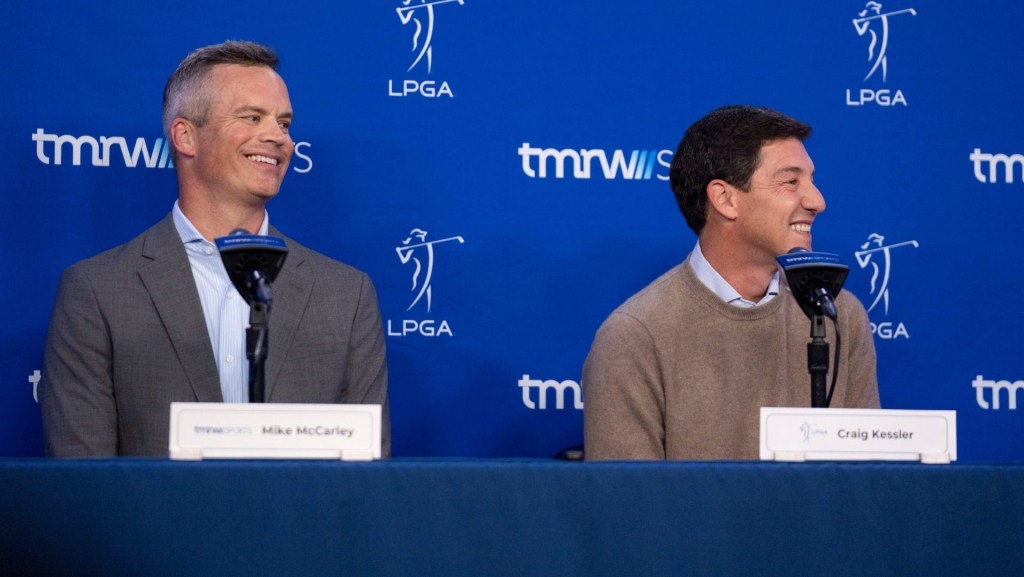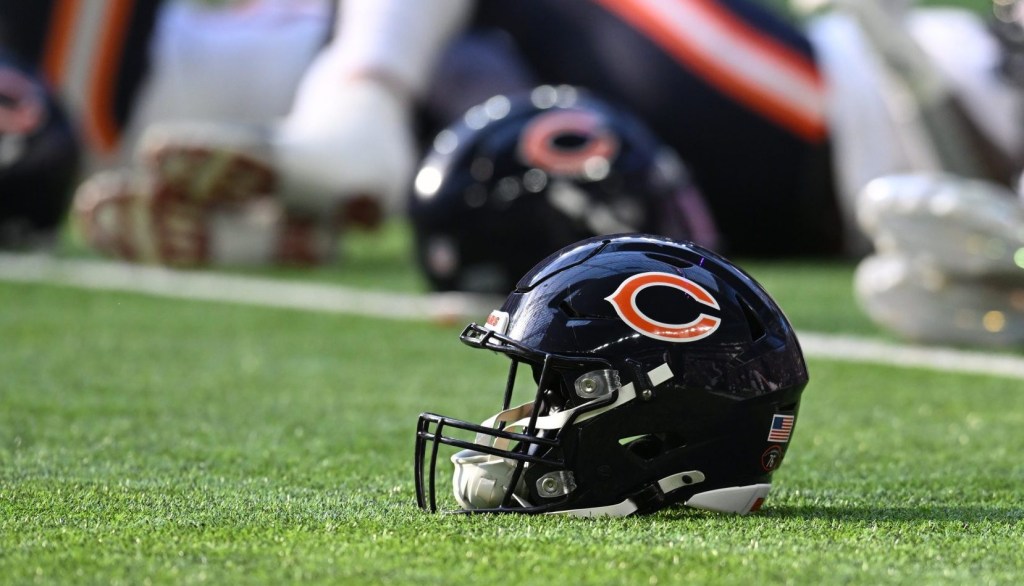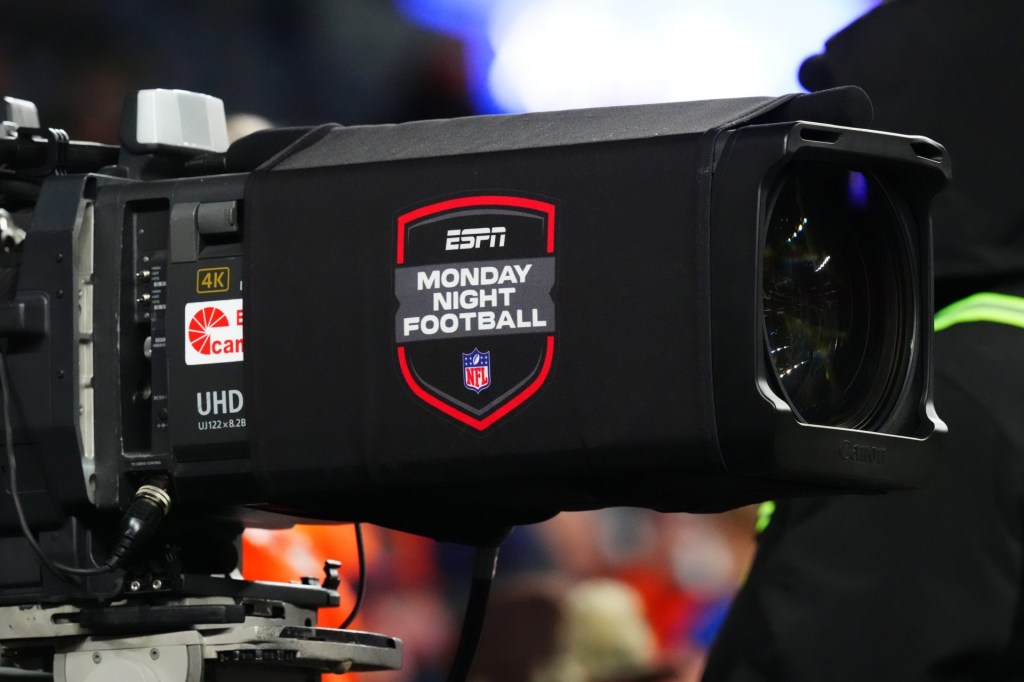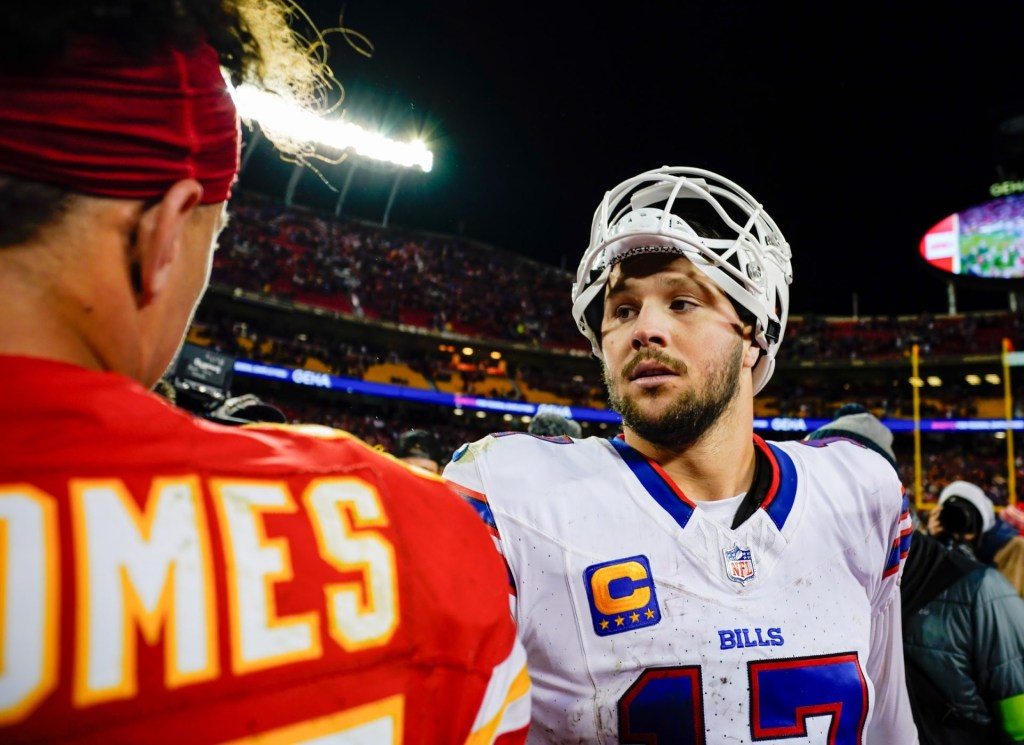The rise and fall of Brett Favre is a cautionary tale for today’s athletes. The more entitled and invincible they believe they are, the more likely they are to self-destruct. They may get away with their behavior in the short term. But they leave a trail of victims in their wake. Eventually, their chickens come home to roost.
The Pro Football Hall of Famer’s story is explored in a compelling new tell-all documentary from Netflix’s Untold documentary series called The Fall of Favre. EverWonder Studio, Time Studios, and Front Office Sports teamed up on the hourlong documentary that will hit Netflix on May 20.
Most sports fans are familiar with the football hero version of Favre. How a humble 2nd round draft pick rose from backup quarterback with the Falcons to a Super Bowl winner and three-time MVP with the Packers. The record Ironman streak of 321 NFL consecutive starts. The swaggering, gun-slinger mentality that made him a favorite of the late, great broadcaster John Madden. As sportswriter Peter King comments in the film, Favre was “easily the most charismatic player I’ve covered in 50 years.”
But there’s another side to Favre: the womanizing, hard-partying QB whose secrets were fiercely protected in provincial Green Bay. Once his hard-nosed father Irv died in 2003, Favre had nobody to tell him “no.” Slowly, he began to go off the rails. As former Packers beat writer Dylan Tomlinson recalls: “My editor pulled me aside and said, ‘I want you to write the story of Brett Favre as a family man.’ I said, ‘I don’t write fiction.’”
Then there was the Jets quarterback who sexually harassed team host Jenn Sterger during the 2008 season–only one year after being named Sports Illustrated’s “Sportsman of the Year.”
‘My Life Was Ruined’
Sterger, the ex-Florida State student who surged to overnight fame after ABC’s Brent Musberger singled her out during a telecast, comes off sympathetically. After cashing in by modeling for Playboy and Maxim, Sterger landed media gigs with SI.com, then the Jets. She dreamed of being the next Erin Andrews or Suzy Kolber.
But when Favre arrived in the Big Apple he took notice of Gang Green’s new personality (who looked like his wife Deanna Favre). Favre reached out through a third party to try to get together. She said no. He switched to text messages, offering to send a car to bring him to his hotel. She kept saying no. Then came the infamous voicemail invitations to come to his room. She ignored them. Finally, he sent X-rated pictures of his private parts to an anxious Sterger. She didn’t know where to turn.
The peripatetic Favre left the Jets for the Vikings in 2009. But the Jets declined to renew Sterger’s contract. Her nightmarish story didn’t end there. Against her wishes, Deadspin broke the Favre-Sterger story in 2010; the site’s editor A.J. Daulerio later apologized to Sterger and calls himself a “scumbag” for breaking the story. Her chances of a sports media career went up in smoke.
“My life was ruined, and he went to the Hall of Fame,” Sterger says ruefully.
‘There Are People Covering For Him’
In retirement, the legendary QB was at the center of another scandal: a welfare scheme in his home state of Mississippi. Favre allegedly used his contacts at his alma mater, the University of Southern Mississippi, to divert welfare funds to a new volleyball facility for his daughter’s team as well as the drug company Prevacus, where he served as an outside investor.
When reporters started looking into the scandal, Favre’s reps threatened lawsuits. When sports media personalities called him out publicly, Favre sued Shannon Sharpe and Pat McAfee.
As executive producer (and former FOS senior reporter) A.J. Perez notes in the doc: “He has an image of being an All-American, good old boy, gunslinger. But through his life, and even in this welfare scandal, there are people covering for him.”
Time has passed No. 4 by. Most of Favre’s lucrative endorsement deals have dried up. During a congressional hearing on welfare reform, he denied wrongdoing–and claimed he’s been scapegoated by Mississippi officials.
The 55-year old legend also revealed he’s suffering from Parkinson’s disease. (Favre declined to be interviewed by Netflix producers).
Director Rebecca Gitlitz says she enjoys telling stories that uncover the other side of fame. Favre’s story “goes beyond touchdowns and epic wins and lifts the lid on how when fame rises, sometimes accountability falls,” she says in a statement. “It was made with the intention of laying out patterns of behaviors, told from the people who lived with the consequences of Favre’s actions, to ask audiences to consider if success should be a shield for harmful behavior.”
The new Favre doc is a reminder our greatest sports heroes have feet of clay. That star you worship on the field might not be so likeable off it.
“You don’t really know these players,” warns Perez. “Like the saying goes: Never meet your heroes.”
